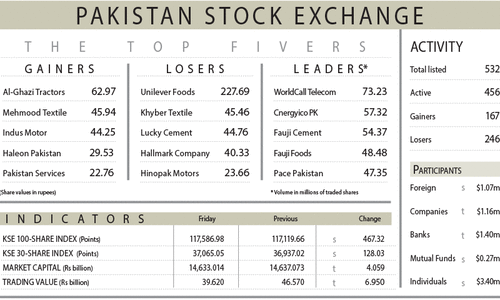RIYADH, Dec 25: The Gulf Cooperation Council (GCC) has suspended further talks over the free-trade agreement with the European Union because of the continuing impasse in the 20-year old negotiations.
Hamad Al-Bazei, the Saudi deputy finance minister, who is also the GCC’s general coordinator for negotiations, said the EU’s political demands and divided opinion on export duties were the two main reasons behind the suspension of negotiations.
“The GCC countries had resisted the imposition of conditions and political demands by the European side in order to sign an economic agreement,” Al-Bazei told the local press.
“The issue was linking the implementation of political demands with the commercial agreement,” he added, without divulging details of political issues.
In an statement the GCC Secretary-General Abdulrahman Al-Attiyah told earlier “We have informed the European side of the suspension of negotiations on the free-trade accord.”
The suspension follows a warning from Qatar a few days ago that the talks might break down. In fact, the historic FTA negotiations between the two economic blocs started in 1990 but faced a standstill pending the decision from the GCC in 1999 to move toward a customs union by 2005.
The negotiations, during the last several years, covered market access on goods and services, intellectual property rights and dispute settlement.
But the EU side later incorporated several clauses to the negotiations relating to a range of political issues such as human rights, illegal immigration and terrorism.
“The European side surprised us by raising new questions or by mixing politics, commerce and trade,” said Al-Attiya in his statement. He said the accord should have been signed at the end of November during a visit to Qatar by French President Nicolas Sarkozy, whose country holds the rotating EU presidency.
“But the European side retracted at the last minute,” he said, adding there was disagreement from the EU side on the GCC’s proposed export duties on a number of goods. Besides political issues, the EU wanted more access for EU services in many other sectors including banking and insurance, said a report published yesterday.













































Dear visitor, the comments section is undergoing an overhaul and will return soon.